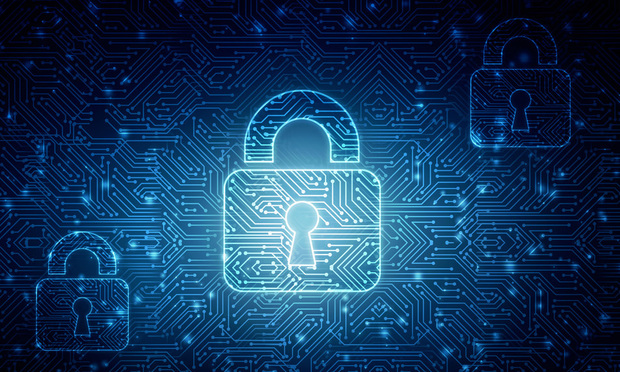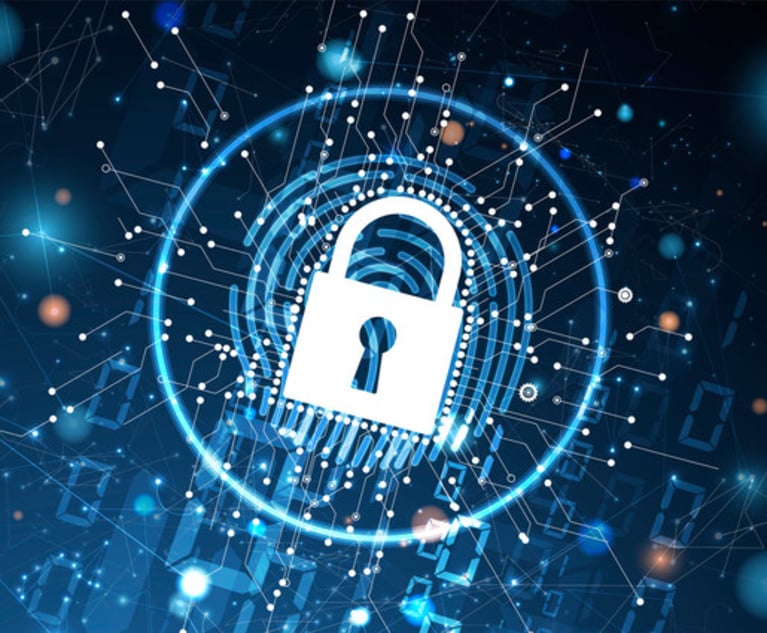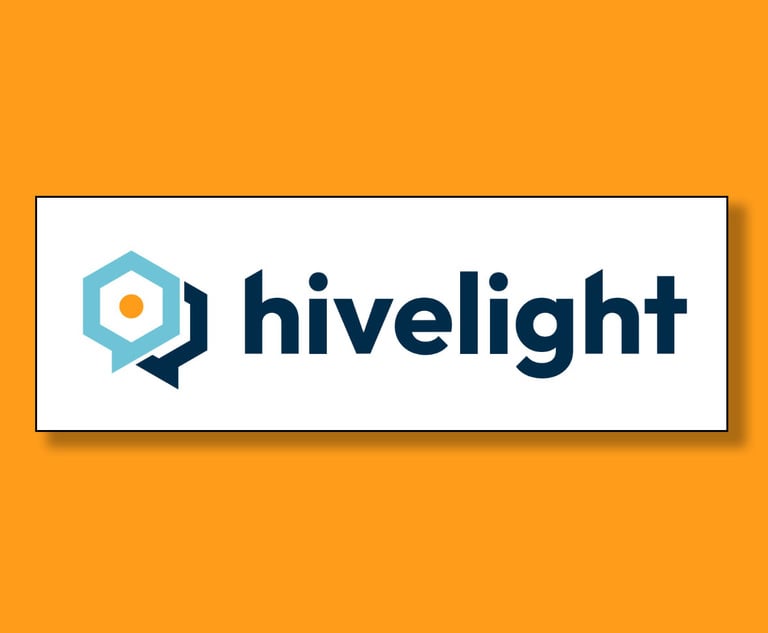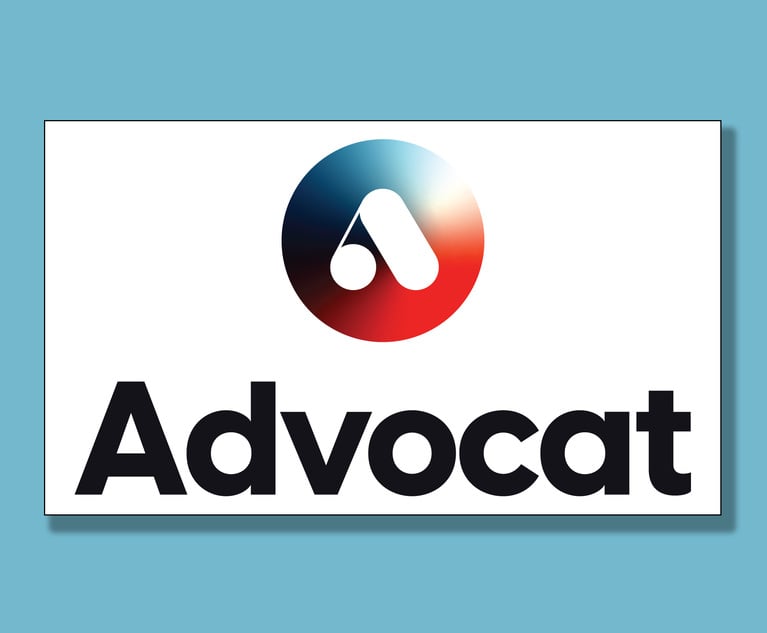Late in the evening on the final day of his presidency, Donald Trump pardoned Anthony Levandowski, infamous “tech bro” and trade secret thief. Just five months earlier, Levandowski was sentenced to 18 months in prison after he pled guilty to stealing trade secrets from his employer, Google. In what the sentencing judge called the “biggest trade secret crime [he had] ever seen,” Levandowski downloaded thousands of files about Google’s driverless car technology just before departing to start a competing autonomous vehicle company.
The Levandowski pardon left many shaking their heads in disbelief. How could such a brazen crime be pardoned? What does the pardon say about how well-resourced and politically connected people are treated under “the rules?” And what message does the pardon send about how intellectual property rights are respected in the United States?







